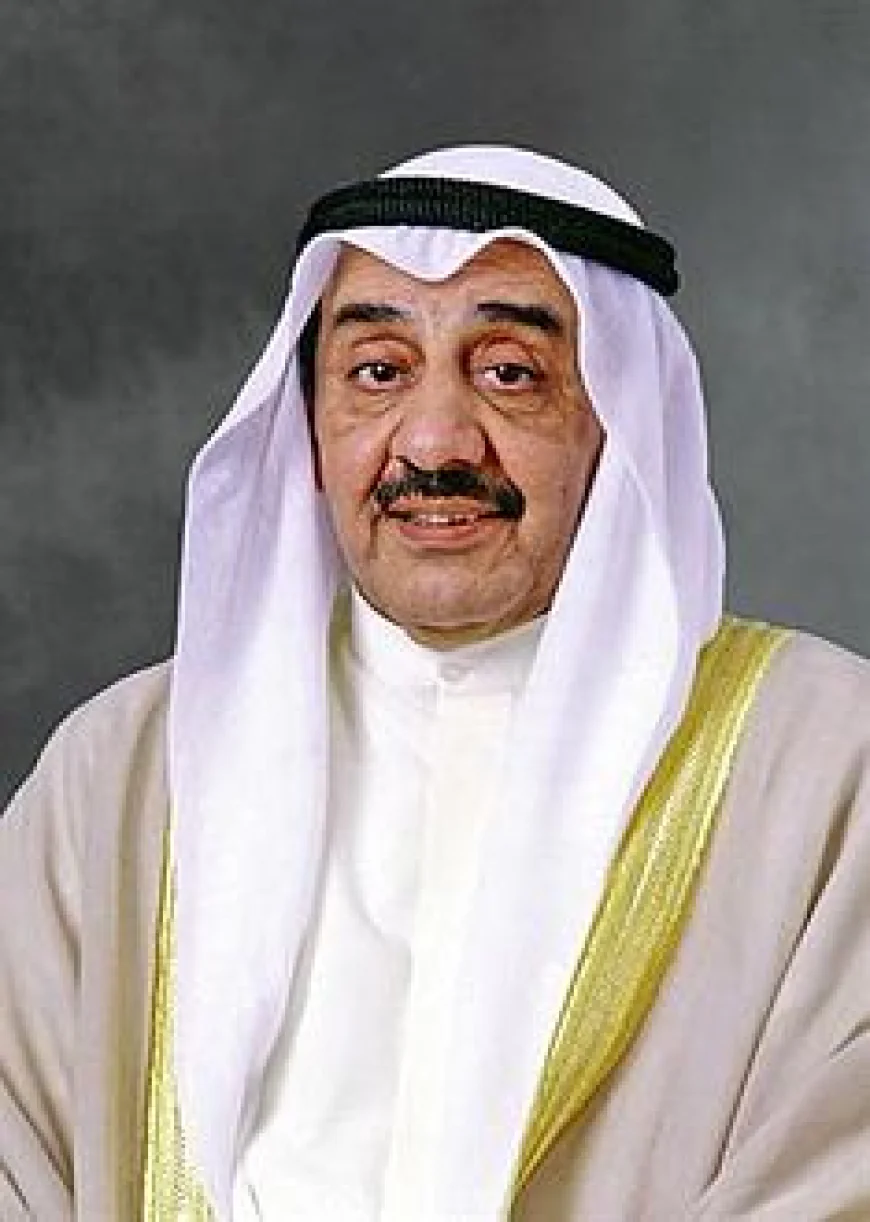Jassim Al-Kharafi Net Worth, Relationships, Age/Birthdate & Birthday Facts
Discover Jassim Al-Kharafi net worth, relationships, age/birthdate and birthday in this detailed profile of Kuwait’s business-political titan.

[Jassim Al-Kharafi] Net Worth, Relationships, Age/Birthdate & Birthday
Subheadline: A Kuwaiti business titan and longtime parliamentary speaker, Jassim Al-Kharafi is remembered for his pivotal role in politics and commerce.
Introduction
Jassim Al-Kharafi, born in 1940 (exact day and month not consistently reported) in Kuwait City, rose to prominence as both a business magnate and political leader. At one point estimated to hold a personal fortune in the region of US$1.2 billion. A scion of the influential Al-Kharafi family, he played a major role in his native country's economy and legislature. While details on his romantic or family relationships are not thoroughly publicised, he was known to have children and to have carried forward his family’s business legacy. His birthday is traditionally celebrated in the year 1940, though precise date details are not widely documented.
Quick Facts
| Category | Details |
|---|---|
| Full Name | Jassim Mohammad Abdul-Mohsen Al-Kharafi |
| Age/Birthdate | 1940 (exact day/month unspecified) |
| Birthday | Celebrated sometime in 1940 |
| Nationality | Kuwaiti |
| Profession | Businessman, Politician |
| Estimated Net Worth | ~US$1.2 billion |
| Relationship Status | Married (publicly less documented) — father of six children reported |
| Known For | Long-serving Speaker of Kuwait’s National Assembly; leader in M.A. Kharafi & Sons |
From Merchant Roots to National Leadership
Born into the prominent Al-Kharafi family in Kuwait City, Jassim’s upbringing combined business opportunity and political exposure. His father, Mohammad Abdul-Mohsen Al-Kharafi, founded the holding company M.A. Kharafi & Sons, which would become a major industrial power in Kuwait.
After completing his education (including business studies at a Manchester-trade faculty in Kuwait) he took on leadership roles in the family enterprise.
In 1975 he entered politics, winning a seat in the Kuwaiti National Assembly. He would ultimately serve five consecutive terms as Speaker (from 1999 to 2011), marking a record tenure in that role.
Defining moments in Jassim Al-Kharafi’s journey include:
-
Joining the family business and ascending to leadership of M.A. Kharafi & Sons.
-
Election to Kuwait’s National Assembly and subsequent rise to Speaker.
-
Oversight of major business diversification across construction, telecommunications and real-estate sectors.
-
Influencing key political transitions in Kuwait (including the ascension of Sheikh Sabah Al-Ahmad Al-Sabah to emir).
The Core Pillars of His Wealth
The core pillars of Jassim Al-Kharafi’s wealth include:
-
Family conglomerate holdings: M.A. Kharafi & Sons had interests in construction, engineering, manufacturing and real estate in Kuwait and the wider Middle East.
-
Political-business influence: His dual role as business leader and parliamentary speaker helped align economic strategy with legislative oversight in Kuwait.
-
Investments and diversified ventures: Through his family’s vehicle the business expanded regionally.
Relationships & Family Life
Although Jassim Al-Kharafi kept much of his personal life private, it is documented that he had six children.
Key insights into Jassim Al-Kharafi’s relationships and personal life:
-
He was married and fathered multiple offspring, part of the prominent Al-Kharafi business family.
-
His siblings included notable figures: his brother Nasser Al-Kharafi (also a leading businessman) and sister Faiza Al-Kharafi (a pioneering academic leader).
-
Despite his public roles, he maintained low visibility on romantic or social life in the media.
Lifestyle, Assets & Interests
Beyond career success, Jassim Al-Kharafi led a lifestyle that reflects both passion and purpose, including:
-
Ownership of major real-estate holdings (Kuwait and likely London/Europe–based, as suggested by third-party property listings)
-
Philanthropic involvement (including honours such as a Honoris Causa awarded by the University of Tirana in 2011)
-
Interests aligning business with national development—leveraging his role to influence infrastructure, governance and industry.
Net Worth Breakdown & Analysis
When evaluating Jassim Al-Kharafi’s net worth, the sources vary slightly yet converge around the billion-dollar mark.
| Category | Estimated Value | Source |
|---|---|---|
| Business Ventures | ~US$1 billion | CelebrityNetWorth |
| Family/Group Holdings | ~US$1.2 billion | Arabian Business ranking |
| Diversified Investments | ~$1.25 billion | GoodReturns profile |
It’s important to note that these figures reflect estimates (not audited valuations) and are based on a mix of public disclosures, business performance and market estimates. After his death in May 2015, the ongoing performance of the group and changes in asset valuations could alter the actual inherited wealth.
Public Image, Legacy & Influence
In business and politics, Jassim Al-Kharafi carved a reputation as a bridge-builder: balancing merchant family interests, parliamentary leadership and national development in Kuwait. His long tenure as Speaker gave him a platform to shape legislative-executive relations, while his business leadership helped the Al-Kharafi group expand regionally.
His legacy persists through the sustained operations of M.A. Kharafi & Sons and the ongoing prominence of his family in Middle East commerce. Publicly he is remembered as someone who straddled the worlds of commerce and governance with confidence and discretion.
Conclusion
Jassim Al-Kharafi’s journey—from merchant-family scion to one of Kuwait’s most influential business-political figures—speaks of vision, legacy and stewardship. His estimated net worth of around US$1.2 billion, his tenure as Speaker, his birth in 1940 and his celebrated birthday mark a life deeply interwoven with his country’s modern economic and political story. His leadership in both enterprise and governance remains an enduring chapter in Kuwait’s contemporary history.

 Emily John
Emily John 





